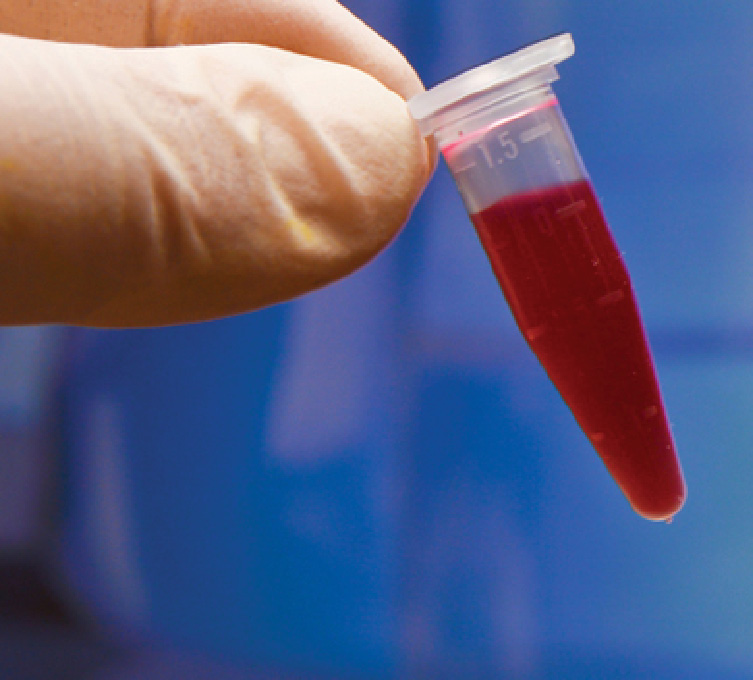A new wearable device may detect cancer with more precision
Researchers from the University of Michigan have developed and are now testing a device they call “the epitome of precision medicine” that detects cancer in circulating blood. Recent efforts to develop a wearable device that can detect cancer in the bloodstream are showing promise. “Nobody wants to have a biopsy,” says Dr. Daniel Hayes, the […]

FILE PHOTO
Researchers from the University of Michigan have developed and are now testing a device they call “the epitome of precision medicine” that detects cancer in circulating blood.
Recent efforts to develop a wearable device that can detect cancer in the bloodstream are showing promise.
“Nobody wants to have a biopsy,” says Dr. Daniel Hayes, the Stuart B. Padnos, Professor of Breast Cancer Research at the University of Michigan Rogel Cancer Centre in Ann Arbor.
Biopsies are invasive and can be uncomfortable, yet they are currently the most accurate method of determining whether or not a person has cancer.
But, Hayes suggests, “If we could get enough cancer cells from the blood, we could use them to learn about the tumour biology and direct care for the patients.”
Hayes and his team have recently developed a wearable device that can “filter” circulating blood for cancer cells that — if it passes all the tests — could replace liquid biopsies where healthcare professionals take blood or urine samples from individuals to look for markers of cancer.
Cancer tumours release cells into the blood, which means that, in theory at least, by taking a blood sample and analysing it, a specialist should be able to detect the presence of cancer.
However, this is easier said than done, since, even in people who have malign tumours, blood samples may not reveal much, or anything at all, as cancer cells their tumours release into the blood circulate quickly, and may not show up in a single blood sample.
Spurred by this complication, Hayes and his University of Michigan colleagues have come up with a device that can do all the work of liquid biopsy testing but by actually “scanning” the bloodstream for cancer cells.
For the time being, the team has tested this device in dogs and reports the findings in the journal Nature Communications.
